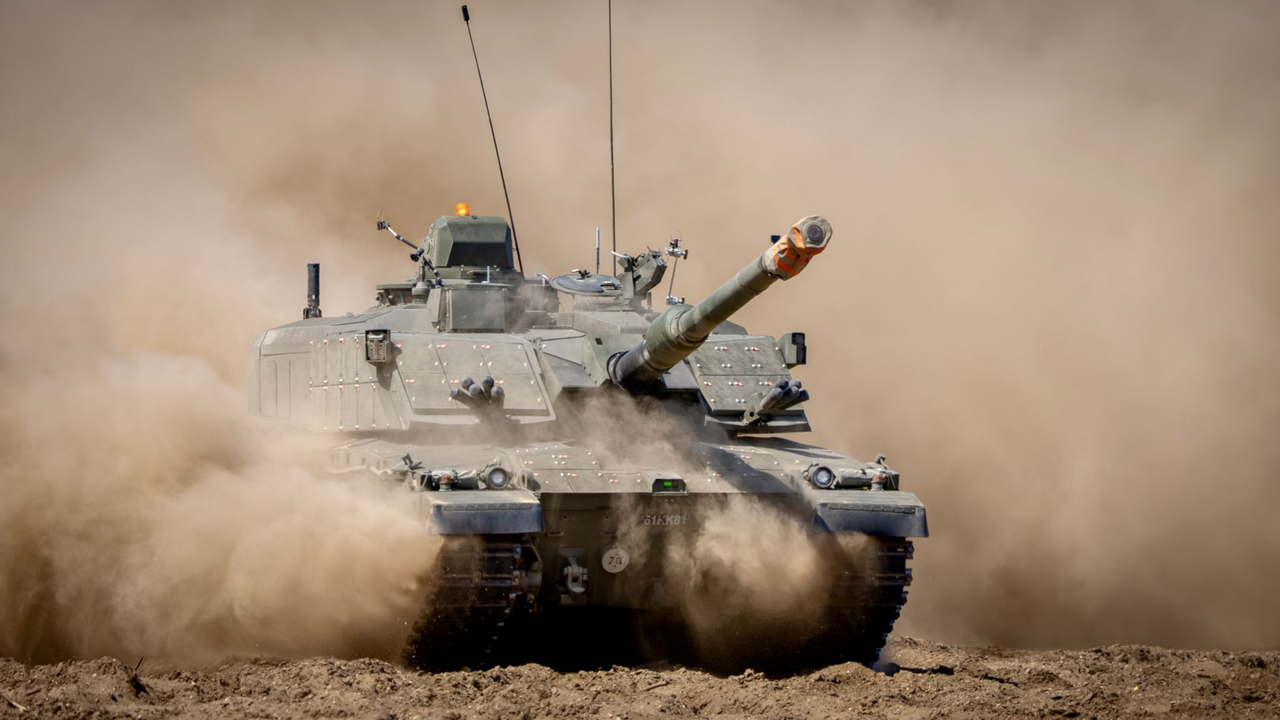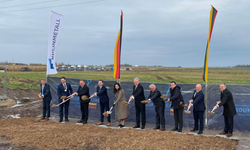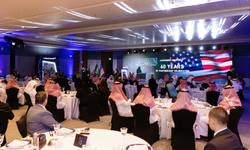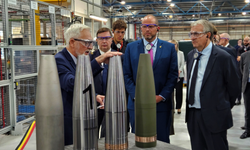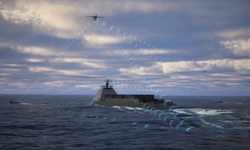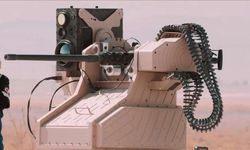The first mobility trials of Challenger 3, the British Army’s new Main Battle Tank, have been completed, marking progress in the programme’s demonstration phase.
Rheinmetall BAE Systems Land (RBSL), together with the UK Ministry of Defence and QinetiQ, conducted the trials across several UK locations. The pre-production vehicle covered 789 km on both road and cross-country terrain. The exercise was designed to collect data on noise and vibration, their impact on crew performance, and their effect on the ammunition carried inside the vehicle.
According to RBSL, the results will support risk mitigation and allow refinements before production. The data will also be used at the company’s Turret Test Rig facility in Telford, where simulated battlefield missions will feed into upcoming reliability growth trials scheduled from 2026.
Dean Pask, Challenger 3 Programme Director at RBSL, said:
“Trials are a critical stage in developing a new armoured vehicle, pushing our Main Battle Tank to the limits to prove its performance and capability.”
The ongoing demonstration phase began with un-crewed live firing in 2024 and now includes tests on mobility, crew evacuation, radar cross section, and indirect vision systems. The next stage will involve crewed live firing to confirm safety for manned operation and to advance weapon system development.
The programme will culminate in a System Qualification Review to determine the final production standard. A total of 148 Challenger 3 tanks are scheduled to enter service by 2030. The vehicles are being built at RBSL’s Telford facility under a contract valued at more than £800 million, which is supporting 300 jobs within the company and around 450 across the UK supply chain.
The contract has also led to £40 million of investment into the Telford site and makes use of suppliers across the UK, including small and medium-sized enterprises in the West Midlands, Glasgow, Newcastle upon Tyne, and the Isle of Wight.
RBSL, established in July 2019 as a joint venture between BAE Systems and German defence company Rheinmetall, is producing the Challenger 3 with a modular armour system intended to improve survivability and enhance the British Army’s land capabilities.
